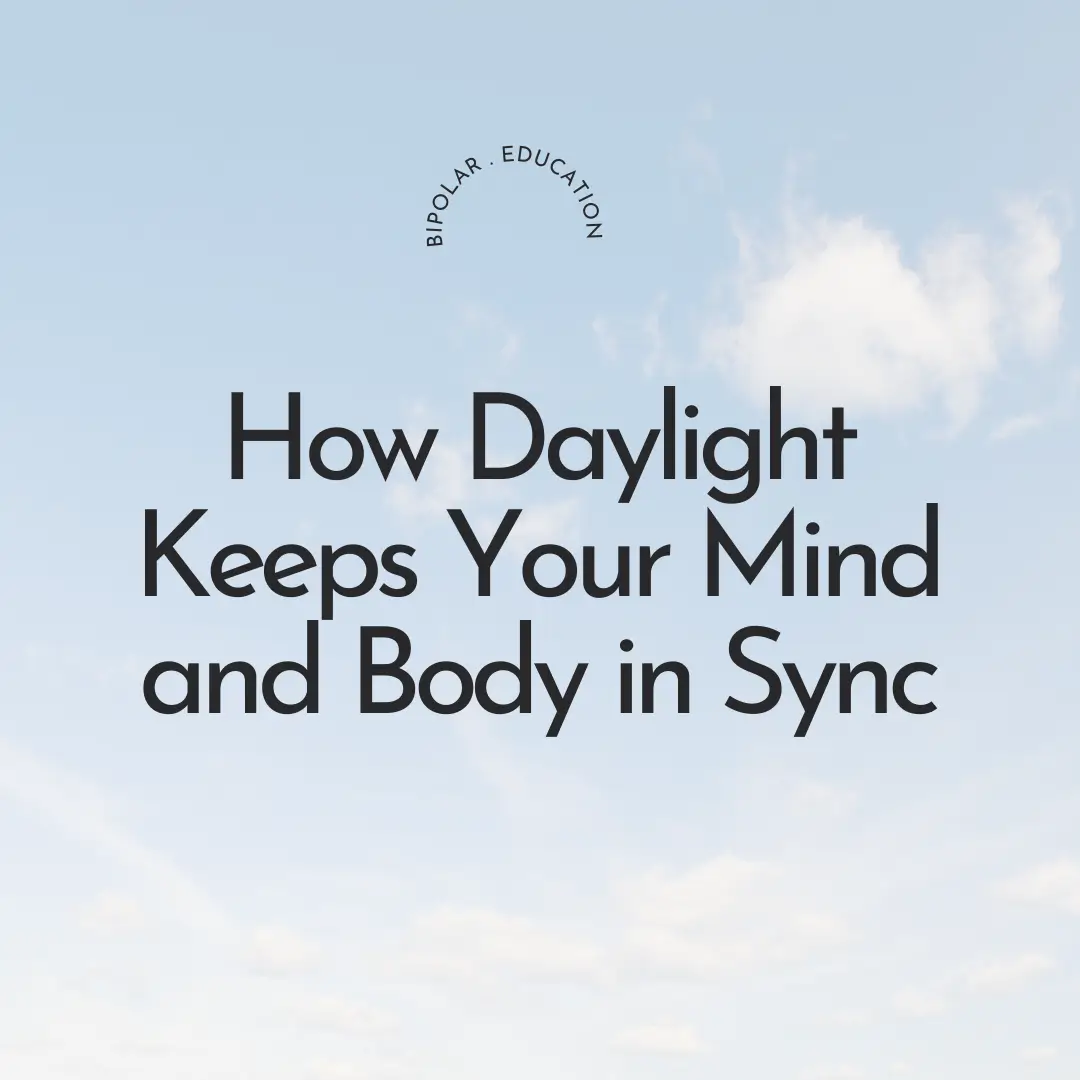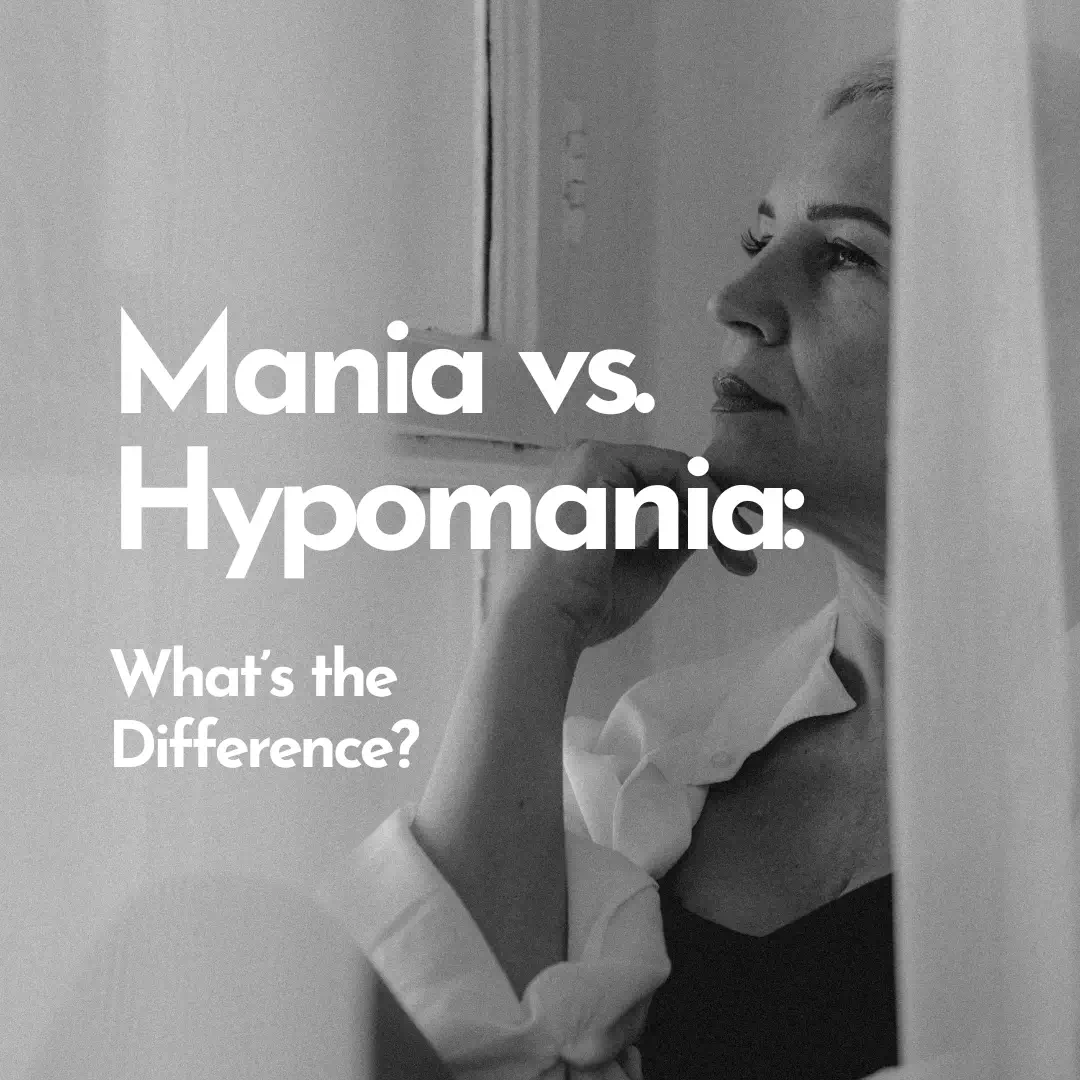Managing bipolar disorder is all about finding balance, and mood stabilizers are often the key to achieving that stability. These medications help smooth out the highs and lows, letting you focus on living your life rather than managing your mood. But with so many options, it can be tricky to know which one is right for you. Let’s take a closer look at the most common mood stabilisers, what they’re used for, and how to make them work for you.
The Big Players in Mood Stabilisation
Lithium: The Gold Standard
Lithium has been a cornerstone of bipolar treatment for decades. It’s incredibly effective at reducing manic episodes, preventing future mood swings, and even lowering suicide risk. If you’re dealing with severe mania, lithium might be your best bet.
- Best for: Bipolar I disorder with pronounced manic episodes and long-term maintenance.
- What to Watch: Lithium requires regular blood tests to monitor levels and kidney function. Think of it as routine maintenance for a finely tuned machine.
- Anticonvulsants: The Versatile Option
Originally designed to treat epilepsy, anticonvulsants have become mood-stabilising stars.
Valproate (Depakote): Excellent for mixed states and rapid cycling.
- Lamotrigine (Lamictal): A go-to for preventing depressive episodes, particularly in Bipolar II disorder.
- Carbamazepine (Tegretol): Often used for treatment-resistant mania or complex mixed states.
Best for: Mixed moods, rapid cycling, and depressive phases.
What to Watch: Regular monitoring of liver function and side effects like fatigue or weight changes.
Atypical Antipsychotics: The Flexible Helpers
- These medications pull double duty, managing manic or depressive episodes and providing ongoing stability. Quetiapine is especially effective for bipolar depression, while others like Aripiprazole and Olanzapine are helpful for mania.
Best for: Acute mania, bipolar depression, or combination therapy.
What to Watch: Potential side effects like weight gain or sedation.
Matching the Med to the Mood
- Mild Bipolar II: Lamotrigine shines for preventing depressive episodes with fewer side effects.
- Moderate to Severe Bipolar I: Lithium or Valproate are strong choices for stabilizing intense manic episodes.
- Mixed States or Rapid Cycling: Valproate or Carbamazepine help manage frequent or overlapping mood shifts.
- Acute Episodes: Atypical antipsychotics provide quick relief during severe manic or depressive phases.
Making Mood Stabilizers Work for You
- Collaborate with Your Care Team: Share how you’re feeling and any side effects. Your input is crucial for fine-tuning your treatment.
- Track Your Progress: Use tools like mood charts or apps such as eMoods to log how you feel and document any medication changes. This helps you and your doctor see what’s working.
- Be Patient: Finding the right medication—and the right dose—takes time. Adjustments are often necessary to strike the perfect balance.
- Consider Combination Therapy: Sometimes, combining a mood stabilizer with an antipsychotic or antidepressant provides optimal control.
Stability Starts Here
Mood stabiliders are more than just medications—they’re tools for building the stable, fulfilling life you deserve. By working closely with your care team, tracking your progress, and giving the process time, you can find the right fit for your needs.
For more tips on managing bipolar disorder and optimizing your treatment, visit my on-demand e-learning course page here or join the My Bipolar Therapy community here for additional resources and support. 🌟




